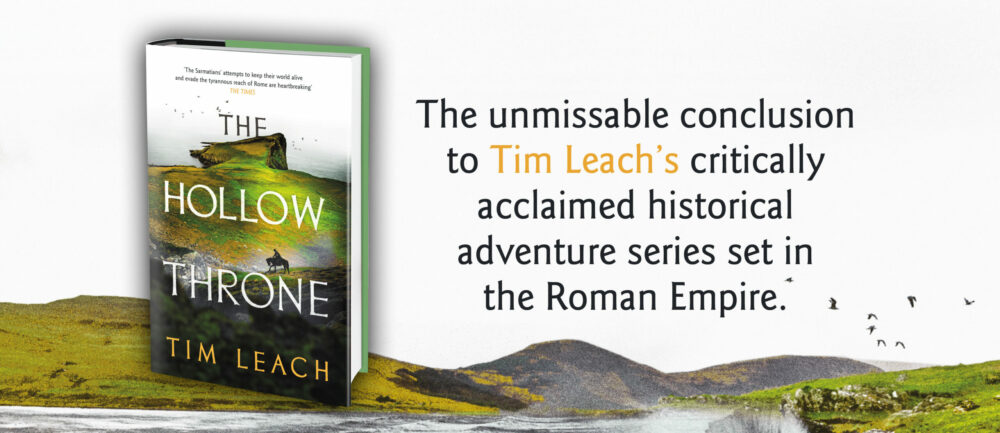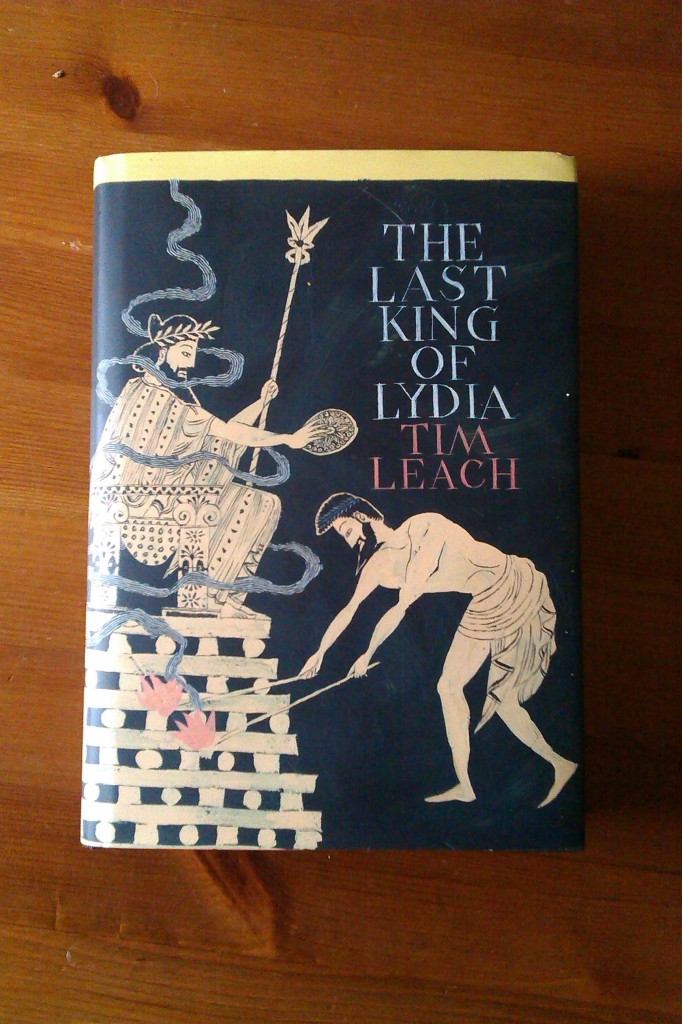This thread on Reddit (Is it better to churn out 3000 bad words a day, or 1000 good words a day) got me thinking about the speed of writing a first draft.
What seems indisputable is that you must maintain forward momentum. Endless tinkering, editing and rewriting in the middle of the first draft leads to certain stagnancy and, most likely, an abandoned manuscript. But chucking down whatever comes into your head for thousands of words at a time can be equally problematic.
I’d like to sing the praises of slowness, if you’ll permit me. By slowness, I mean around 500 words a day, or even less.
Slowness is sustainable
Even on tough days, when you are tired, harassed, pressed for time, you should be able to find a few hundred words. The same is not true for a few thousand. Slowness lets you meet your targets 7 days a week without exhausting yourself.
Slowness gives you time to think, to be immersed in the book
If you did 3000 words a day, you’d have most of a first draft written in a month. To me, that doesn’t seem long enough to have a novel gestating in your mind. You’ve got to live with a novel-in-progress for a long time, let it steep inside your head, to get to the deeper places that give sustenance to good writing.
This touches again on the idea of a ‘good’ 1000 words vs a ‘bad’ 3000 words. For me, a ‘good’ piece of first draft writing for me is not perfect – editing is inevitable. What it means is it is, roughly, the right idea in the right place in the book; in need of polishing, but fundamentally well placed, the beginnings of something really good. ‘Bad’ first draft writing either needs to be cut or almost entirely rewritten. It’s a bit better than not having written anything at all, but not by much.
You don’t necessarily get to a good idea by writing the first thing that comes to mind and moving straight on. Often, you need to think of dozens of different possibilities for each sentence that you write before coming up with something that is beginning to be good. If you always write without thinking, at a furious speed, you may just be skimming along the surface of your thoughts, never achieving depth.
Slowness means that you approach problems…well, slowly
You that fluttery feeling of terror when you’re coming up to a scene, a thousand words ahead, that you don’t know how to write? Going slow gives you time to figure out what to do. Often, a scene that I have no idea how to write on Monday goes miraculously smoothly on Friday. Because I’ve been thinking about it all week, because I haven’t smashed into it at 3000 words a day, I’ve had time to solve the problems before I get there.
Slowness is not that slow
500 words a day doesn’t sound like much. But that’s 3500 words a week. That’s 14000 words a month. That’s two mid sized novels a year. Not bad for just 500 words a day, eh?
P.S. Quite by accident (or by subliminal association) I pinched the title of a book for this blog! In Praise of Slowness. May well be worth checking out for ideas about slowing down…





